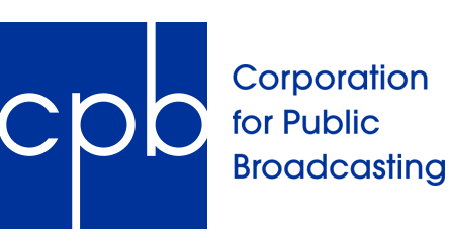DTV: The Wheels Grind On
After a year of hollering and howling about establishing an absolute end of analog TV transmissions, Congress reduced reams of proposed legislation to a statement that amounted to, "there ought to be a law."
Tucked into the Intelligence Reform bill making its way to the president's desk at press time, DTV legislation was summed up in a "Sense of Congress" resolution that Dec. 31, 2006 would be a dandy analog deadline, if only someone had the chutzpah to actually enforce it.
The venerable "Sense of Congress," is not merely a pun, but a maneuver used to make it appear is if something is happening when indeed it is not. The resolution carries no legal weight whatsoever.
Other examples of such resolutions include a Sense of Congress to establish National Inventors' Day and "Kids Love a Mystery" Month, print a Helen Hayes postage stamp and compel states to remind folks applying for a driver's license that blind people can't see.
What broadcasters have to look forward to with the 109th Congress is more "Smackdown" between the occasional FOB (Friend of Broadcast) and everyone else. Sen. Conrad Burns (R-Mont.) emerged as an FOB when he derailed the proposed analog deadline in the early Intel Bill. Even Sen. John McCain, (R-Ariz.), a perennial critic of the broadcast industry, has come to realize shutting down the nation's free TV system is not to be undertaken lightly. Rep. Eliot Engel, (D-N.Y.), endeared himself to NAB chief Eddie Fritts by saying the day Congress shuts off analog TV signals is the day before every lawmaker in Washington, D.C. is impeached.
The charge for a 2006 deadline will be led by Rep. Joe Barton, (R-Texas), the head of the House Commerce Committee who is itching to test out Engel's thesis. More than 70 million TV sets would go dark if Congress pulled the analog plug today, according to NAB spokesman Dennis Wharton, who was quoted Friday on NPR's Marketplace Morning Report. But hey, we need that spectrum for fabulous new wireless electronic gizmos, replied CEA chief Gary Shapiro, who was referred to as "Bruce" by the show's host.
Those fabulous new gizmos are the subject of an FCC Notice of Proposed Rulemaking that has broadcasters in a lather. Docket 04-186 seeks to cut loose unlicensed wireless devices in broadcast "taboo" channels, the cushion of spectrum between TV channels that prevents interference. For broadcasters, the issue is inextricably linked with the DTV transition. The wildly complicated process of final DTV channel selection has just begun, in which more than 1,600 licensees in 212 markets must settle on 6 Mhz that A) does not interfere with other stations in the same market, B) ditto stations in adjacent markets, C) and actually works with the digital transmission equipment at hand.
The end of the projected two-year process, when all stations are transmitting at maximum power, is the time to start talking unlicensed devices, not now, broadcasters say. Broadcast engineers are flinging filings at the FCC demonstrating potential interference from unlicensed devices, but Commission Chairman Michael Powell is a gizmo kind of guy. He has stated that he would like to unleash unlicensed devices in taboo channels before his perpetually impending departure.
Powell, who denied starting the rumors about his perpetually impending departure, has pushed an analog deadline vote within the agency into next year, possibly March, according to reports published by those who still imagined the FCC would move on DTV in spite of all the disparity in Congress.
Meanwhile, President Bush told the Commerce Department to create a spectrum task force that will have one year to produce a report on how to improve the management of the nation's airwaves. Conversely, Congress got the message and passed legislation Thursday to move defense department agencies out of the 1,710-1,755 band and make it available to the private sector.
Get the TV Tech Newsletter
The professional video industry's #1 source for news, trends and product and tech information. Sign up below.
